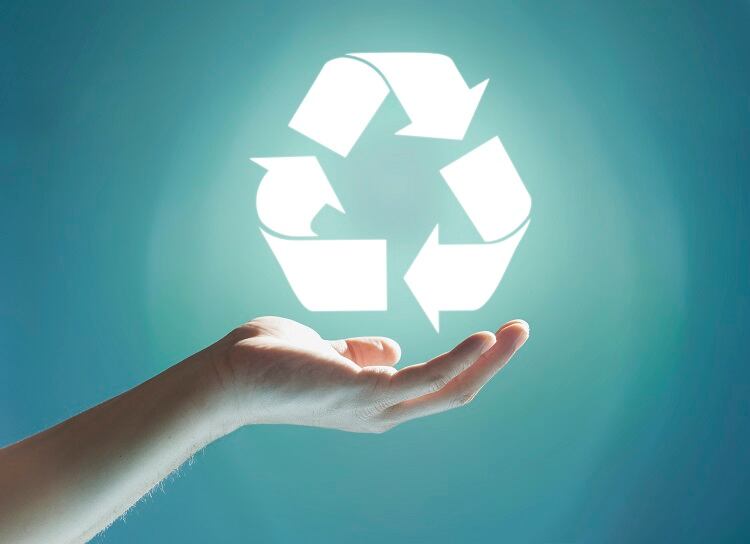After a successful audit by certifying entity TÜV SÜD, Kerry Iberia Taste & Nutrition – part of the Ireland-headquartered Kerry Group – has obtained the Zero to Landfill certification from Saica Natur for its Pinto plant in Madrid, Spain.
While not the first of the ingredients major’s sites to achieve Zero Waste, it is the first to receive the certification from Saica Natur.
“Kerry has over 65 sites across the globe which do not send any waste to landfill and it is our aim that by 2025, all of our manufacturing facilities will be Zero Waste to Landfill,” Maurice Crowley, Operations Manager at Kerry Group told FoodNavigator.
Saica Natur’s certification recognizes organizations that recover 95% or more of the waste they generate on a net basis, incorporating both the waste generated at the Kerry facility but also accounting for waste generated in the recycling or subsequent recovery process.
Kerry’s accreditation confirms that 97.9% of all waste it generates in Pinto is re-used, recycled or recovered.
Throughout the auditing process it was found that during 2021, the company reused, recycled or recovered more than 131,000kg of waste from materials comprising of plastic, organic, paper and cardboard.
From Kerry’s perspective, the most challenging materials to reuse, recycle or recover were hazardous waste and black bag general waste, Saica Natur agrees.
“The project has spanned three years in which all areas of the company have had to work in a coordinated manner to overcome several obstacles, including space limitations, waste categorization and segregation, and allocation of resources,” a Saica spokesperson told this publication.
“For example, segregating waste requires additional resources and spending that, following the economic effects enduring throughout the pandemic, would have been difficult to justify had it not been for Kerry Madrid’s firm commitment to the project and their support of Saica Natur.”
The spokesperson continued: “The most difficult materials to recycle due to their characteristics is hazardous waste since it must be managed separately with high-security measures and they require very specific treatment.”
As to the environment benefits of achieving zero waste accreditation, Saica Natur suggested they were far-reaching.
While ‘difficult’ to translate into carbon footprint, ozone depletion impact, and water scarcity numbers, the spokesperson stressed: “By doing it, we are impacting many axes of the environment that we don’t even imagine.
“By reusing, recovering and recycling, we can prevent the use of [new] raw materials and energy employed for their transformation, which can have a huge impact on the atmosphere, water and soil.”
Reuse and recycling processes are ‘softer’, with a lower environment impact, than the extraction of new materials, the spokesperson continued, as well as the production processes employed for their transformation.




